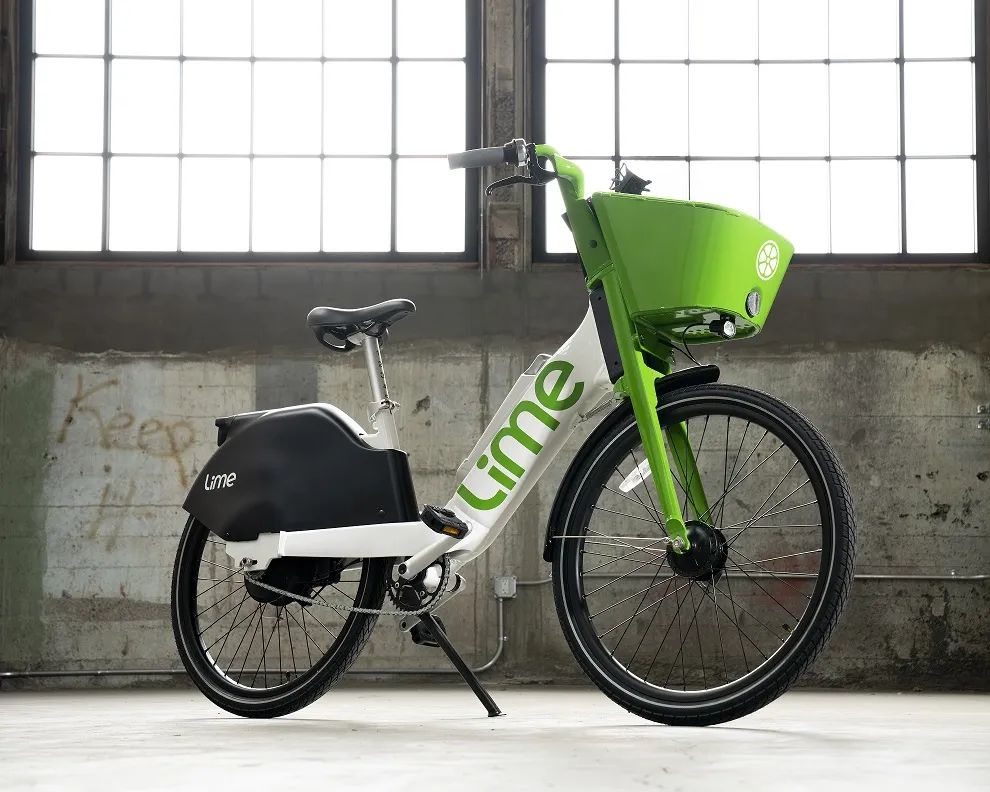Mazda Motor Corporation has developed a regenerative braking system for passenger cars capable of improving fuel economy by approximately 10 per cent. The new i-ELoop (intelligent energy loop) system, claimed to be the first of its kind in the world to use a capacitor, will begin to appear in Mazda vehicles from 2012.
March 26, 2012
Read time: 2 mins
RSS1844 Mazda Motor Corporation has developed a regenerative braking system for passenger cars capable of improving fuel economy by approximately 10 per cent. The new i-ELoop (intelligent energy loop) system, claimed to be the first of its kind in the world to use a capacitor, will begin to appear in Mazda vehicles from 2012.
i-ELoop efficiently converts the vehicle’s kinetic energy into electricity as it decelerates, using the electricity to power the climate control, audio system and numerous other electrical components. The innovative capacitor technology can store large volumes of electricity and, unlike batteries, can be charged and discharged rapidly and is resistant to deterioration through prolonged use.
Mazda claims that, unlike the regenerative braking systems found in hybrid vehicles, its highly efficient solution avoids the need for a dedicated electric motor and battery. i-ELoop features a new variable voltage(12-25V) alternator, a low-resistance electric double layer capacitor (EDLC) and a DC/DC converter. The system starts to recover kinetic energy the moment the driver lifts off the accelerator pedal and the vehicle begins to decelerate. The variable voltage alternator generates electricity at up to 25V for maximum efficiency before sending it to the EDLC for storage. The capacitor, which has been specially developed for use in a vehicle, can be fully charged in seconds. The DC/DC converter steps down the electricity from 25V to 12V before it is distributed directly to the vehicle’s electrical components.
i-ELoop efficiently converts the vehicle’s kinetic energy into electricity as it decelerates, using the electricity to power the climate control, audio system and numerous other electrical components. The innovative capacitor technology can store large volumes of electricity and, unlike batteries, can be charged and discharged rapidly and is resistant to deterioration through prolonged use.
Mazda claims that, unlike the regenerative braking systems found in hybrid vehicles, its highly efficient solution avoids the need for a dedicated electric motor and battery. i-ELoop features a new variable voltage(12-25V) alternator, a low-resistance electric double layer capacitor (EDLC) and a DC/DC converter. The system starts to recover kinetic energy the moment the driver lifts off the accelerator pedal and the vehicle begins to decelerate. The variable voltage alternator generates electricity at up to 25V for maximum efficiency before sending it to the EDLC for storage. The capacitor, which has been specially developed for use in a vehicle, can be fully charged in seconds. The DC/DC converter steps down the electricity from 25V to 12V before it is distributed directly to the vehicle’s electrical components.







